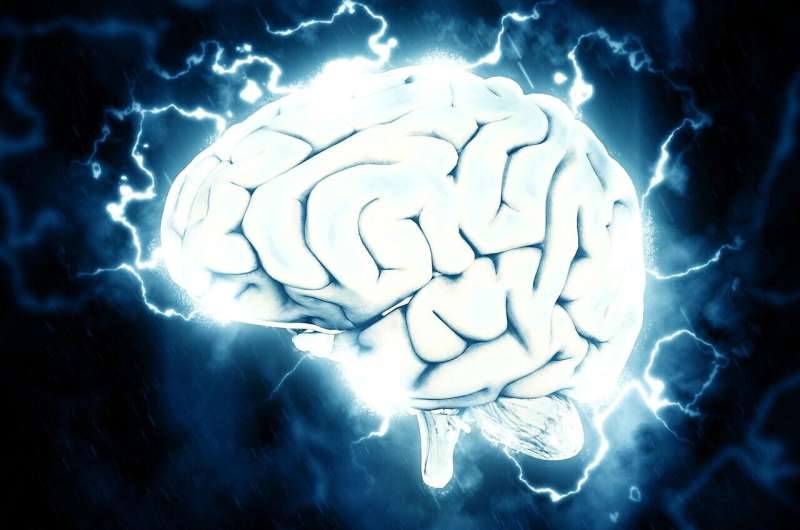New Insights into Brain Networks Associated with Psychopathy

Recent research uncovers the brain structural differences linked to psychopathy, highlighting abnormal regions associated with antisocial behaviors and emotional regulation. These findings enhance our understanding of the neurobiological basis of psychopathic traits.
A recent research study has provided significant insights into the structural differences in the brain associated with psychopathy, a condition strongly linked to persistent violent and antisocial behaviors. The study employed advanced neuroimaging techniques and the Julich-Brain Atlas to analyze MRI data from 39 adult males diagnosed with psychopathy, compared to matched control subjects. Psychopathic traits were assessed using the Psychopathy Check-List (PCL-R), focusing on two main dimensions: interpersonal-affective traits (factor 1) and lifestyle-antisocial tendencies (factor 2).
Findings revealed that higher scores on factor 2, which relates to antisocial and impulsive behaviors, were correlated with decreased volumes in several brain regions. These included subcortical areas such as the basal ganglia, thalamus, basal forebrain, as well as components of the brainstem (pons), cerebellum, and cortical regions like the orbitofrontal cortex and insula—areas critical for emotion regulation, decision-making, impulse control, and social interaction. The research also identified a widespread reduction in total brain volume in individuals with psychopathy, notably in the right subiculum of the hippocampus, an area involved in memory processes.
In contrast, associations between brain volume and factor 1 traits, including lack of empathy and pathological lying, showed weaker and less consistent patterns, with some differences noted in the orbitofrontal and hippocampal regions. These results highlight a strong neurobiological connection between antisocial tendencies and structural brain alterations.
The study’s findings, published in the European Archives of Psychiatry and Clinical Neuroscience, advance our understanding of the neurostructural underpinnings of psychopathy. Researchers emphasize the importance of these insights for future investigations into aggression and antisocial behaviors, as part of ongoing transdiagnostic neuropsychobiology programs involving multiple academic and research institutions in Germany and the U.S.
For more detailed information, the full study is available at: https://link.springer.com/10.1007/s00406-025-02028-6. Source: https://medicalxpress.com/news/2025-06-brain-networks-underlying-psychopathy.html
Stay Updated with Mia's Feed
Get the latest health & wellness insights delivered straight to your inbox.
Related Articles
Innovative Blood Test Enhances Liver Disease Management
A new blood test measuring phosphatidylethanol (PEth) offers unprecedented accuracy in detecting alcohol use among liver disease patients, supporting better treatment and transplant decisions.
Understanding How the Brain Selectively Retains or Deletes Important Memories
Discover how the brain actively manages memory by retaining important information and suppressing irrelevant details, with new research highlighting neural mechanisms involved in this vital cognitive process.
Modifiable Risk Factors Elevate Health Risks for Dementia Caregivers
Many dementia caregivers face modifiable health risk factors like obesity and hypertension, increasing their own risk of developing dementia. Addressing these risks is vital for caregiver health and dementia prevention.



